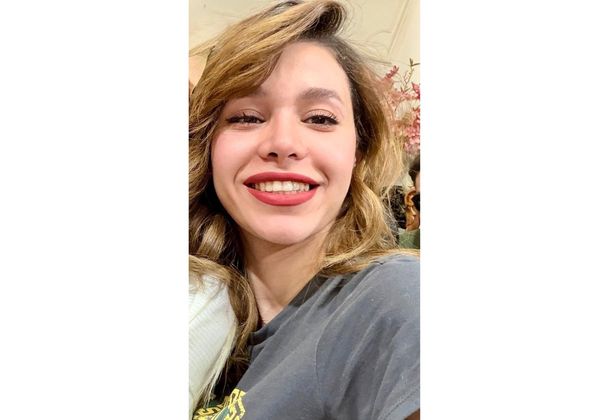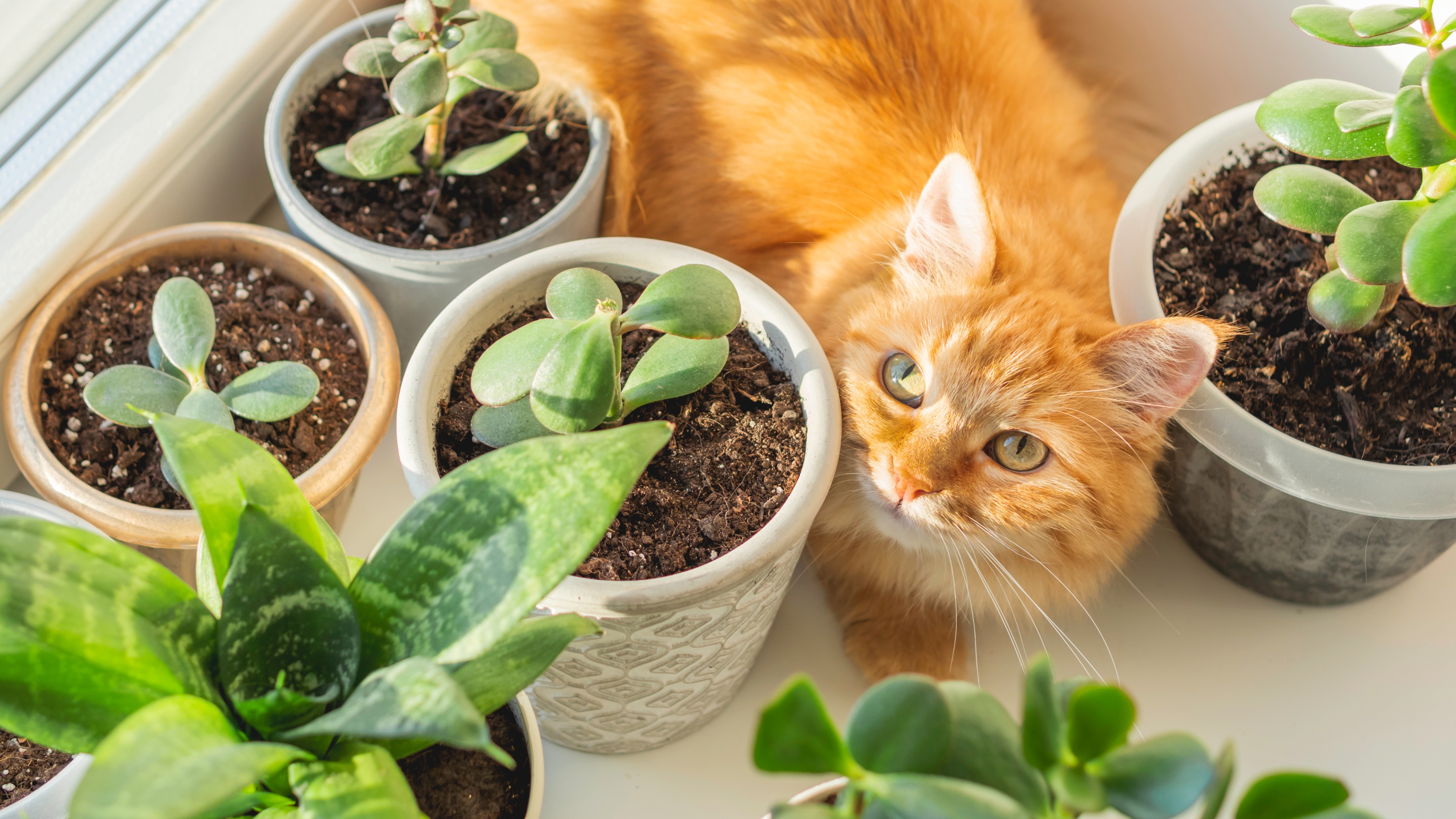
Investing in succulents safe for cats is pretty important if you have some furry friends at home. While you may have a green thumb, pet owners need to be on the lookout for potentially harmful plants.
But don't panic, cat parents! Thankfully most succulents are pretty safe for cats. We found some great varieties that not only look great but are safe too.
So get your indoor garden going and start caring for succulents at home.
The succulents safe for cats
Finding the right indoor plants for your environment is an important part of raising succulents. Not only do you have to take lighting and water conditions into account, but you should also consider which succulents are safe to be around cats.
We asked gardening and animal experts for their advice on what to look out for when selecting tropical indoor plants and cat-safe succulents.
"Creating a pet-friendly indoor garden is all about prevention. By selecting non-toxic succulents and keeping toxic plants out of reach, you can create a beautiful and safe space for both you and your furry companions to enjoy," says Chandler Moncada of CG Landscaping.
1. Burro's Tail
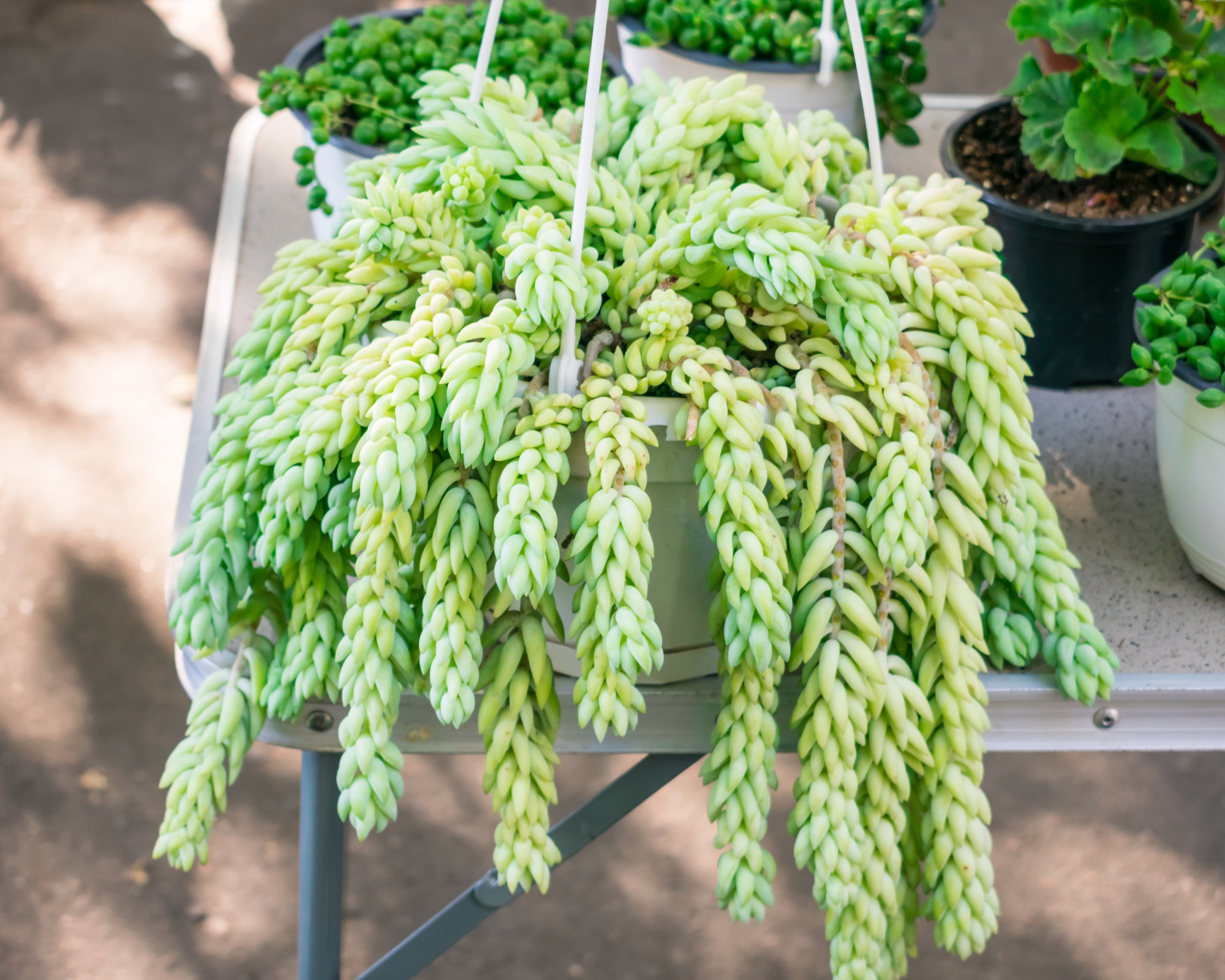
This beautiful trailing plant is a great choice to have around cats. Not only is it pet-safe, but the intricate stems look great hanging down a bookshelf or table.
"This succulent features trailing stems adorned with small, rounded leaves, adding a charming cascading effect to your indoor space," says Chandler.
Just make sure to keep it in a sunny spot and use the best soil for succulents that will drain easily. You can even hang your Burro's tail from the ceiling for a dramatic look with a cute macrame plant hanger, such as the Mkono Macrame Hanger from Amazon, which long skips tassels often found on boho items and incorporates beadwork for interest instead. It's probably best if you have nosy kitties ready to grab at dangly soft furnishings.
2. Hens and chicks
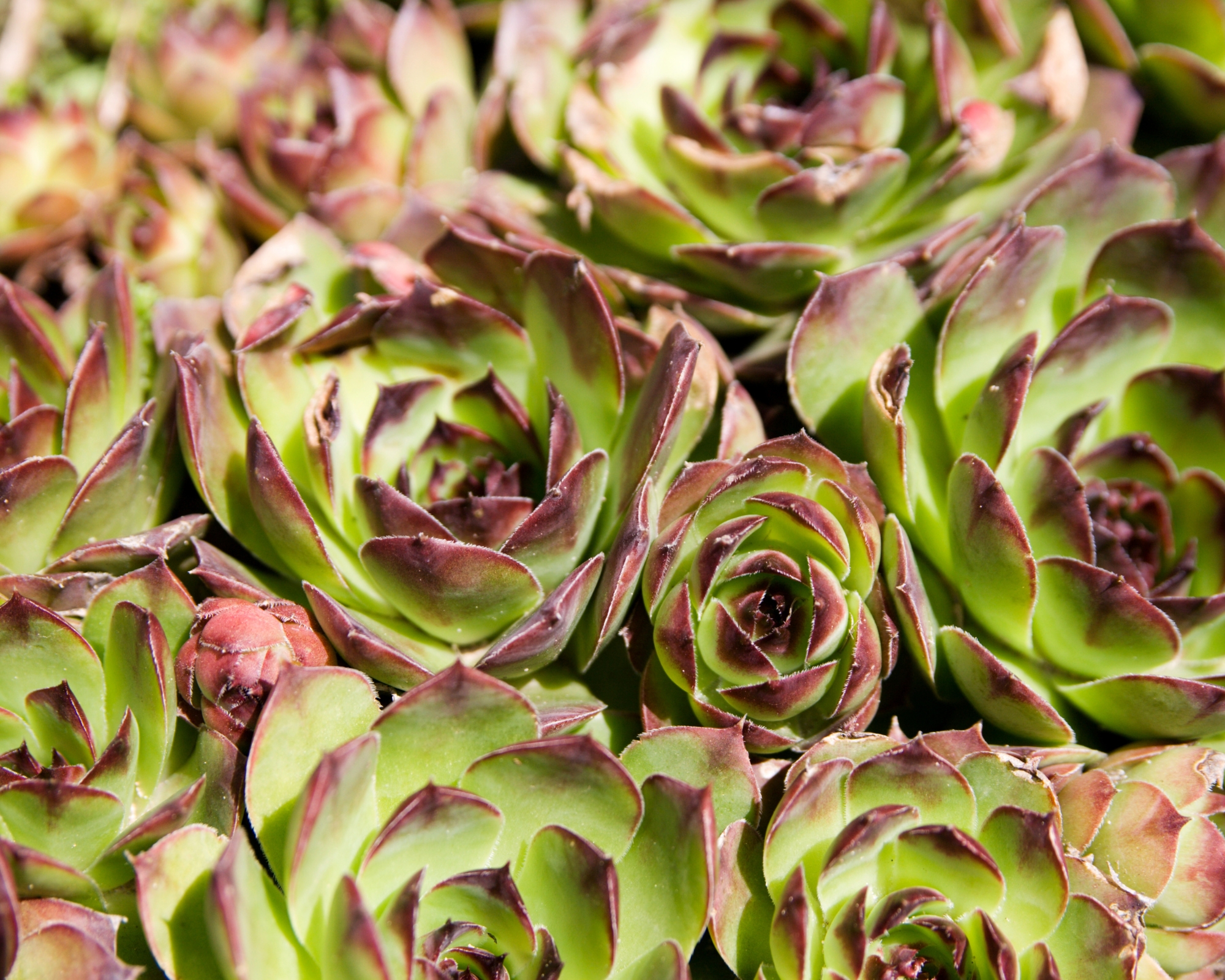
Hens and chicks, also known as house leeks, grow in intricate patterns, making them a great visual choice. The best part? They're one of the easiest indoor houseplants to take care of.
They thrive in bright, full sun and do best in well-draining, gravely soil. Check how often to water succulents to make sure you're not soaking hens and chicks in too much water (it's easier to overwater than under).
3. Christmas cactus
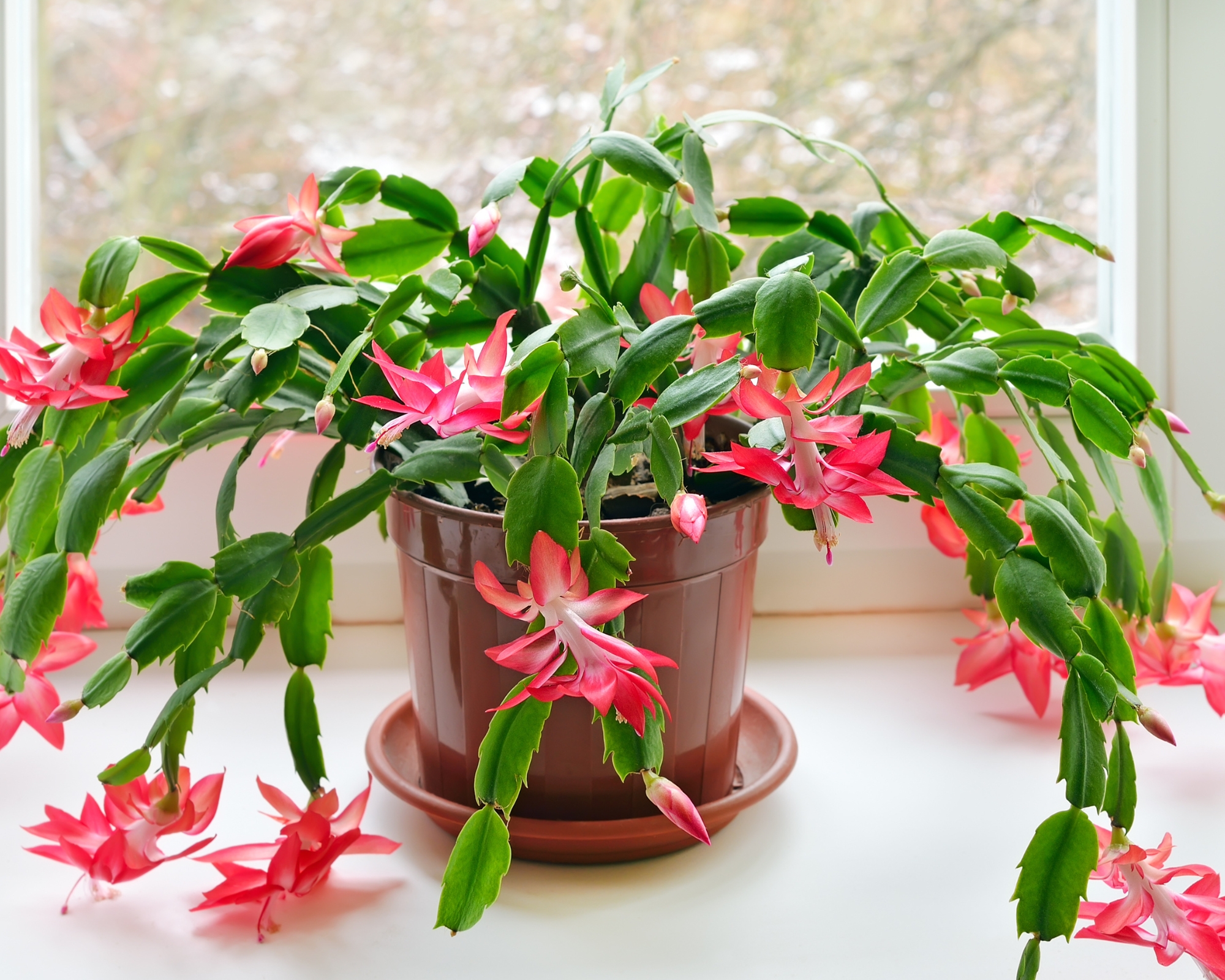
Christmas cactus, also known as Schlumbergera, is one of the most vibrant indoor vibrant houseplants that are also safe for cats. "Known for their beautiful flowers, Christmas cacti are safe for cats and require minimal care," says Chandler.
Known for flowering in winter, you can still enjoy a Christmas cactus during the holiday season. Once you learn how to care for a Christmas cactus you'll be ready to see it bloom year after year. Just make sure to avoid common Christmas cactus mistakes such as using the wrong type of soil.
4. Haworthia
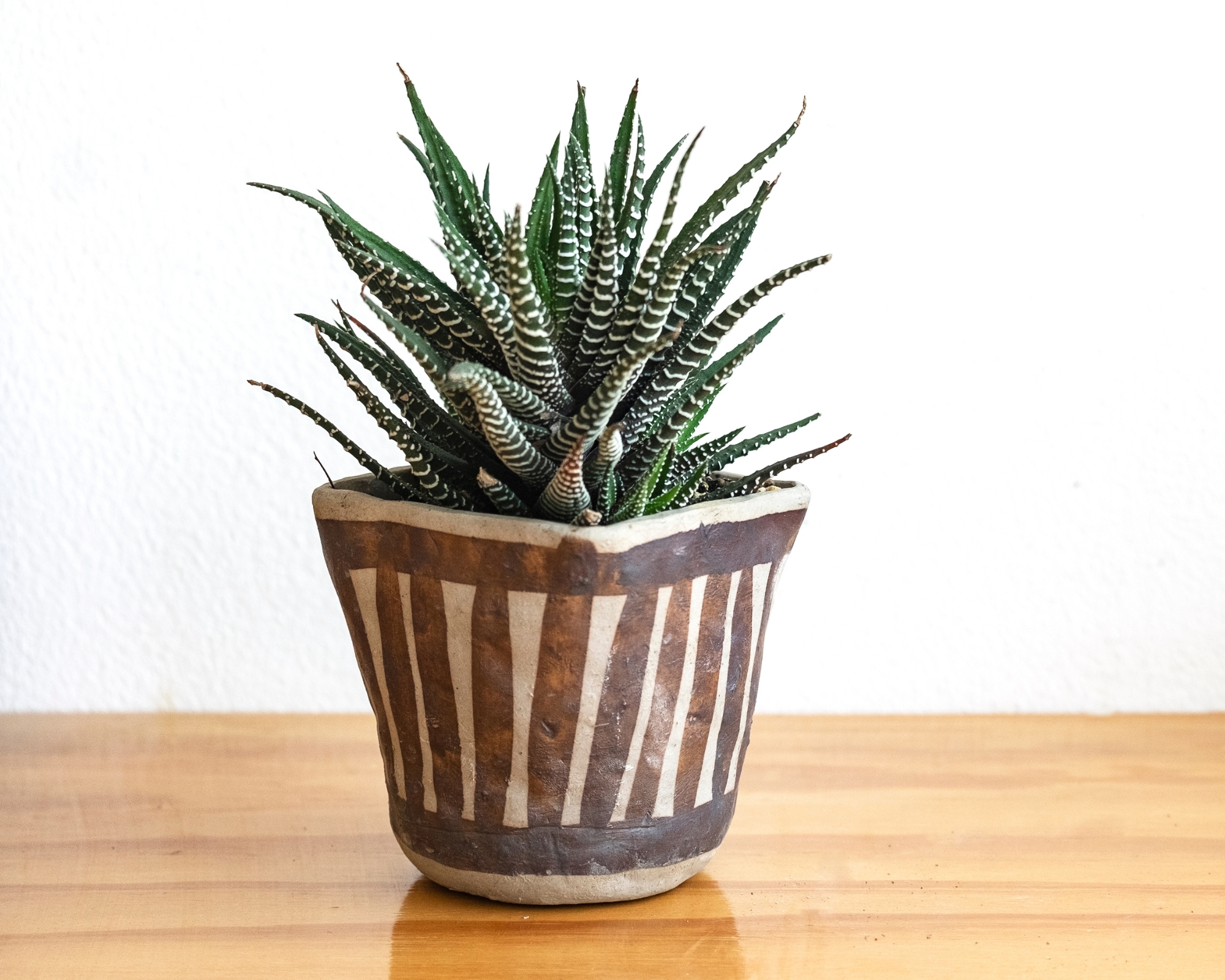
While growing aloe vera in a home with cats may end up posting a risk to pets, you can enjoy a similar plant-look with Haworthia, which is a cat-safe alternative.
Also known as zebra cactus, the long leaves feature thin, white stripes, adding visual interest to your display. "These small, low-growing succulents have thick, fleshy leaves arranged in a rosette pattern," says Chandler. They require bright light but not all-day full sun. If you ask us, these are even prettier than aloe vera and great for compact spaces as they tend not to get as tall as aloe
5. Echeveria
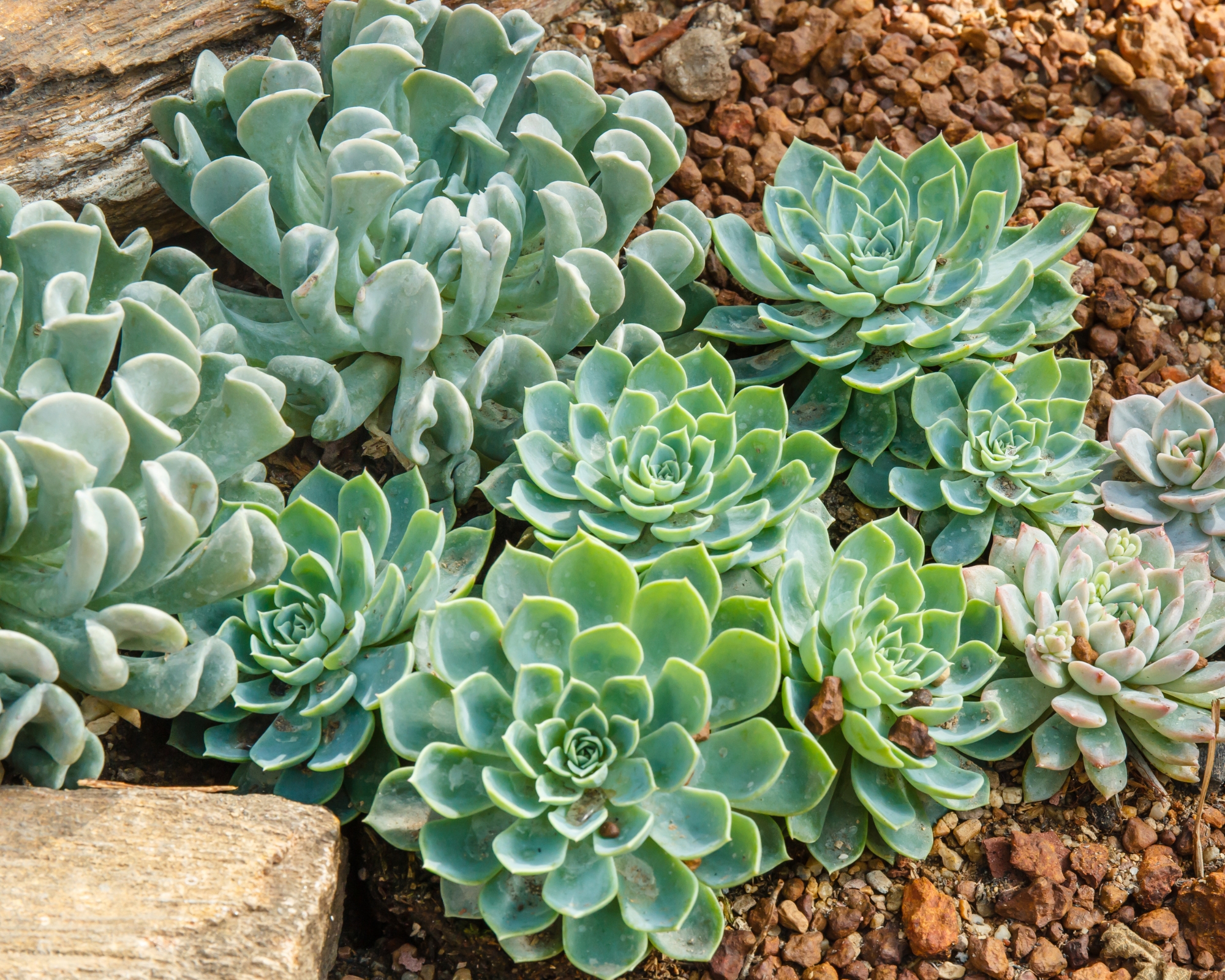
Looking for a classic succulent shape? An Echeveria may be just the ticket. A wonderful addition to any succulent garden, these low-profile plants are equally beautiful and durable.
"With their thick, rubbery leaves and lovely rosette shapes, echeverias are both safe for cats and aesthetically pleasing," says Chandler. Once your Echeveria grows large enough, you can repot this succulent for an even more impressive display.
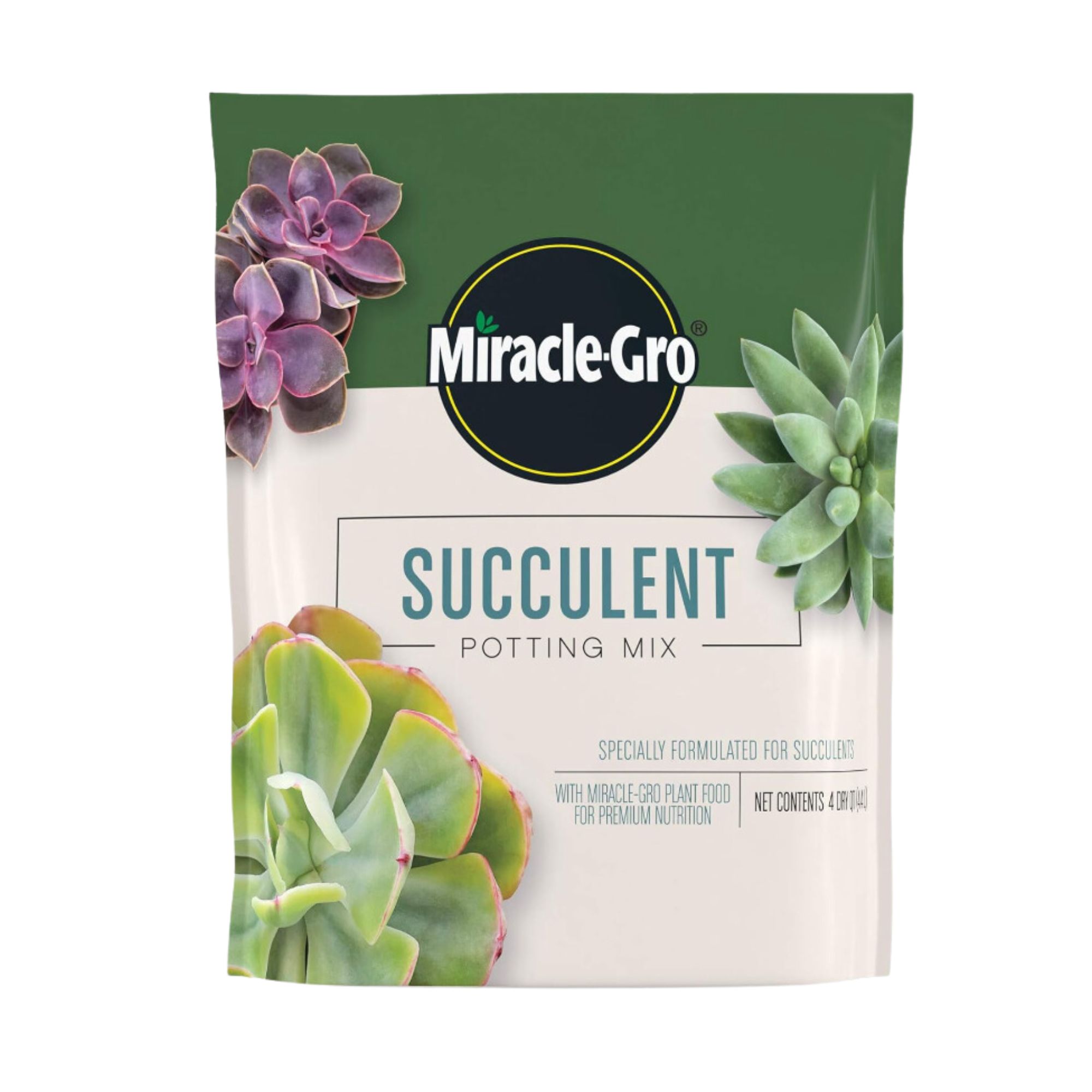
Price: Was $14.49, now $13.48
Capacity (qt.): 4
Fast-draining, this soil is a mix of sphagnum peat moss, forest products, and fertilizer and was specially formulated for succulents to thrive.
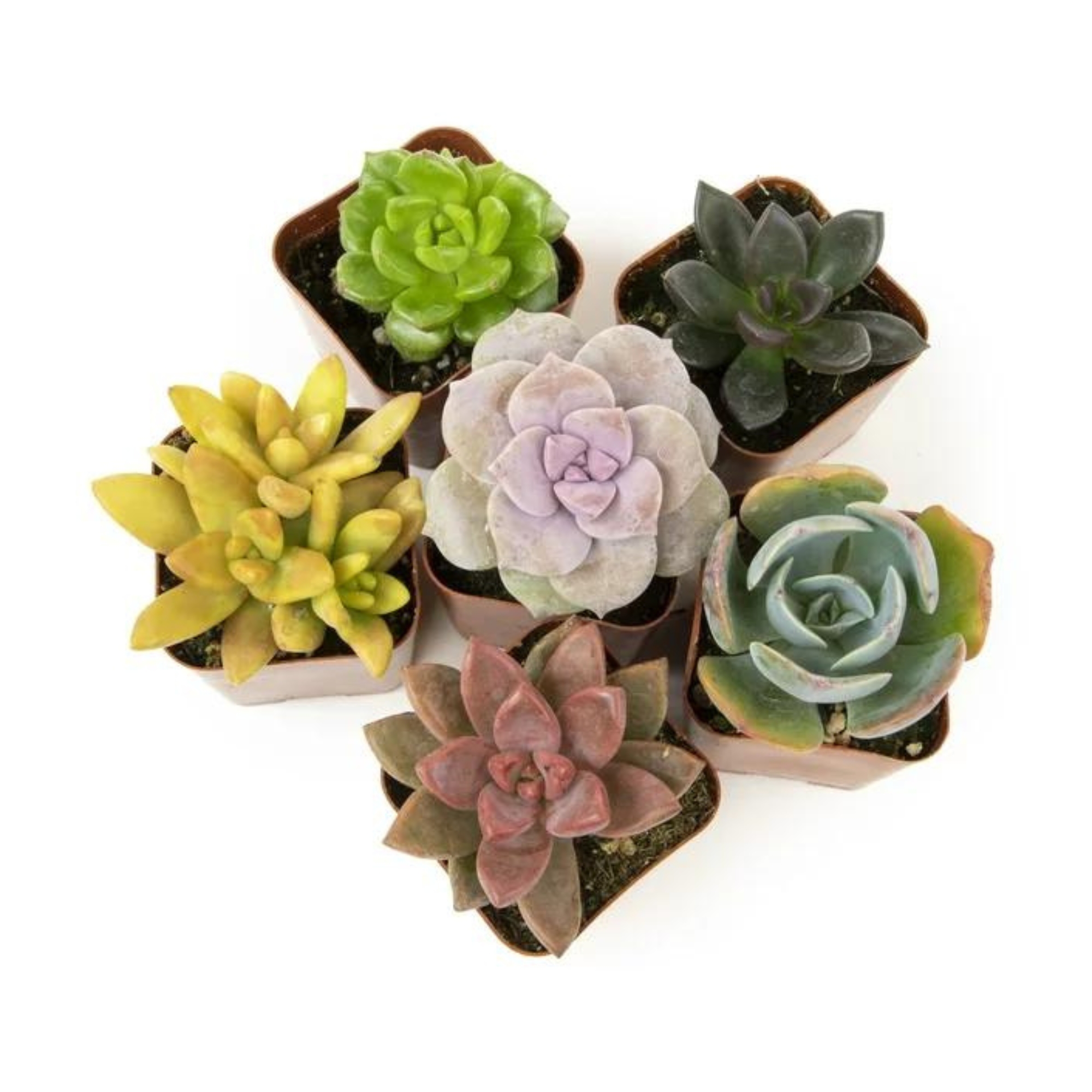
Price: $14.64
Looking to start your own succulent garden? Get some major bang for your buck with this pack of six succulents in various sizes and colors.
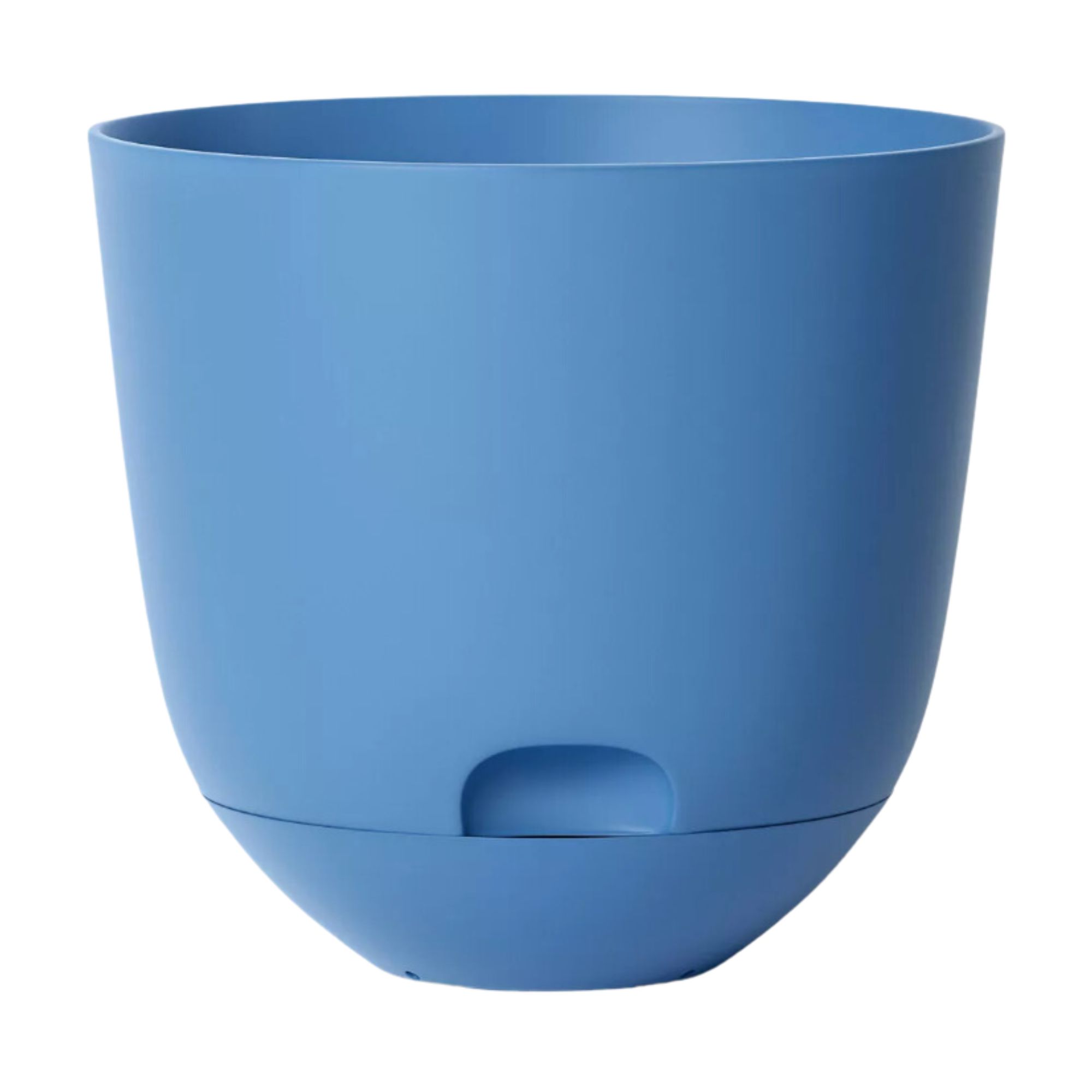
Price: $8
One of Target's best sellers, this self-watering pot features a built-in tray. But be sure to keep an eye on the water pooling to avoid attracting pests and resulting in you having to learn how to get rid of gnats.
FAQs
Which succulents are toxic to cats?
There are a couple of types of succulents you should avoid if you have a cat at home. Aloe vera can potentially cause gastrointestinal distress, such as vomiting and diarrhea, even making the pet lethargic, according to PetMD.com. You should also avoid kalanchoe and euphorbia.
What should I do if my cat has ingested a succulent?
If you're worried your cat has ingested a succulent plant, get in contact with your veterinarian as soon as possible.
"If you do suspect your cat has ingested any kind of toxic plant material, that's an emergency situation, don't wait around for symptoms," says Daisy May, veterinary surgeon and pet care writer for All About Parrots. ""Get them straight to a veterinarian immediately for treatment and monitoring. Having clear identification of the plant can really help us determine if decontamination steps like induced vomiting are required as well."
- Pet Poison Helpline: 855-764-7661
- ASPCA Animal Poison Control Center: 888-426-4435
If you're unsure whether a plant may be toxic to your pet, please consult with a veterinarian before buying. Before buying a new plant, check the ASPCA’s extensive poisonous plant database and the Pet Poison Helpline’s toxicity list.
Learn about whether peace lilies are toxic to pets, and 10 plants that are toxic to cats.




